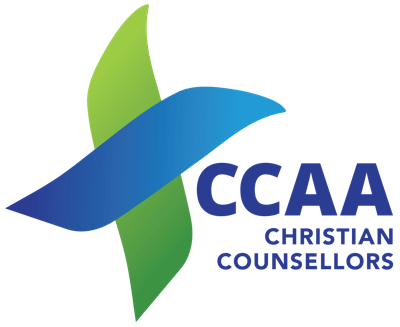Cognitive Behavioural Therapy is the most empirically supported approach for treating multiple psychiatric disorders, and is widely considered the “gold standard” for a variety of client presenting concerns. Most mental health professionals claim to do “some CBT,” but many practitioners “in the trenches” resort to a more eclectic approach and treatment often loses direction. Furthermore, distinctly Christian Based CBT has also been shown to be equally as effective as standard CBT, however it can be difficult for individuals seeking help from a faith based perspective to get the evidence-based treatment so widely available to their secular counterparts that is also consistent with their values.
Leave this recorded 3 Video Intensive breakthrough course with international CBT expert Dr. Jeff Riggenbach with core competencies, transformed clinical skills, and an improved understanding of conceptualisation-based treatment from a Christian world view that will ensure you never get stuck in therapy again. Through case studies, interactive discussions, and reproducible handouts, you will take away practical CBT strategies to use immediately with any client. Leave this course armed with tools you can use in your very next session! These 9 hours of Professional Development can be claimed as Category B for CCAA & PACFA Members.
Topics will include treatment of depression, anxiety, anger, addictive behaviour disorders, personality disorders.
Learning Objectives
-
Establish a Biblical basis for cognitive – behavioural treatment
-
Socialise clients to the model in a way that will elicit client buy-in and decrease dropout rate
-
Learn the 18 maladaptive schemas and their role in maintaining client symptoms
-
Develop case conceptualisation skills for initiating client-specific road-maps to recovery
-
Facilitate behavioural activation to decrease symptoms of depression
-
Implement daily gratitude practice for relapse prevention
-
Acquire 7 skills for helping to alleviate symptoms of anxiety
-
Discover 8 Myths to forgiveness perpetuating anger in clients
-
Understand the cycle of addiction and develop 3 strategies for behavioural pattern – breaking
-
Utilise complex cognitive-behaviour chain analysis facilitating impulse control
-
Incorporate 4 DBT skill sets into your work with emotionally disregulated clients
-
Understand the 5 schema modes present in BPD and develop strategies for changing lifelong patterns
Cost for sessions: $75 each. Special price currently $60 each or buy all 3 sessions for $160.
Documents can be download from this link

